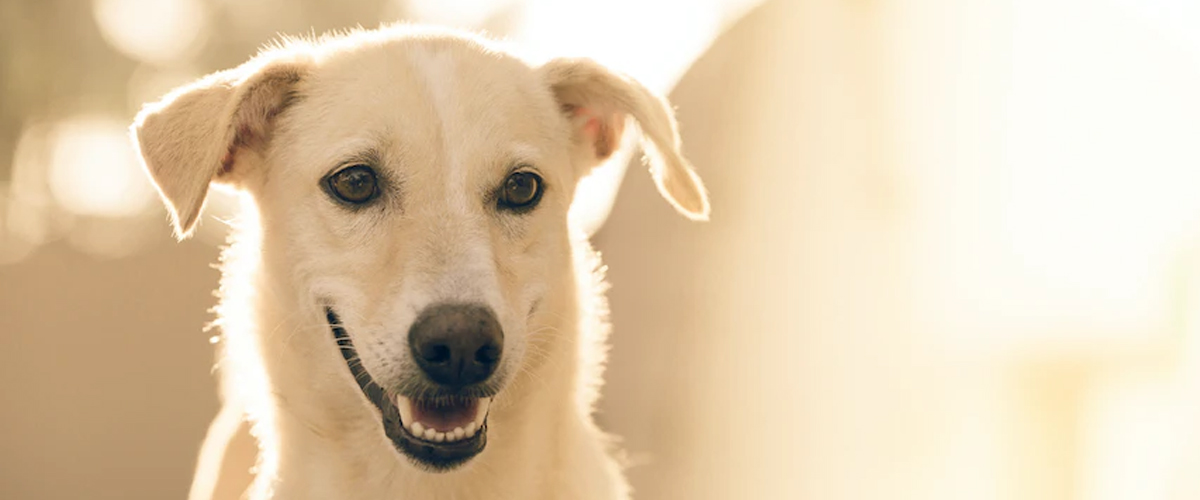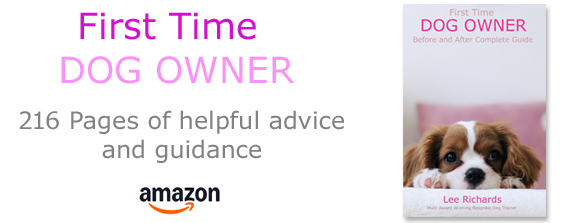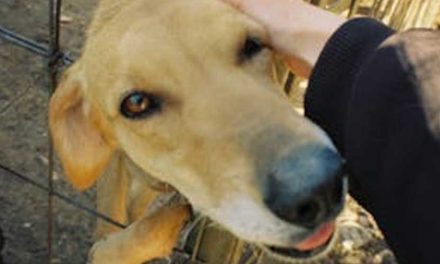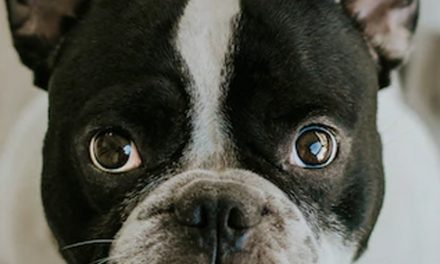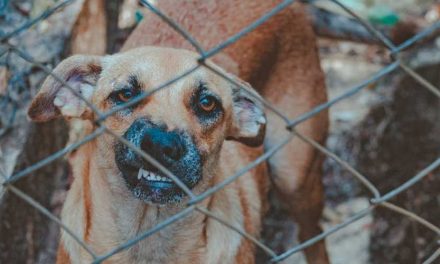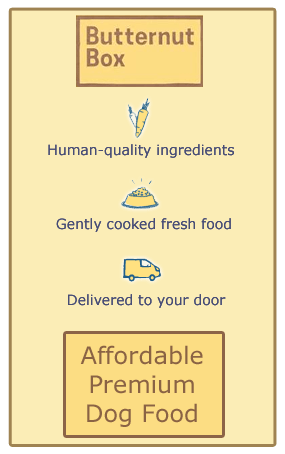While the companionship of a dog brings immense joy, it also comes with the responsibility of ensuring their well-being.
An integral part of dog care involves being aware of what dogs can’t eat, as certain foods that humans consume with no issue can be hazardous for our furry friends.
WHAT DOGS CAN’T EAT
Chocolate is notorious for being dangerous to dogs due to the presence of theobromine, a stimulant that they cannot metabolize effectively.
Ingesting chocolate can lead to severe health complications such as internal bleeding, heart attacks, and in extreme cases, death.
Grapes and raisins are other common foods that are toxic to dogs, and their consumption can lead to acute kidney failure.
Even a small amount can be lethal, so it’s crucial to keep these fruits out of your pet’s reach.
Onions, garlic, and chives, both raw and cooked, are detrimental to a dog’s health.
They contain compounds that can cause anemia by damaging red blood cells.
Symptoms may not appear for several days but can include weakness, vomiting, breathlessness, and a loss of interest in food.
HARMFUL FOODS FOR DOGS
Alcohol and caffeine are also harmful to dogs.
They can cause a range of issues such as abnormal heart rhythms, hyperactivity, high body temperature, seizures, and even death.
Even a small amount of alcohol, whether in drinks or certain types of food, can be dangerous.
SWEETNER’S
Another food to avoid is Xylitol, a sweetener commonly found in products like sugar-free gum, candies, baked goods, and toothpaste.
Xylitol can cause a rapid drop in a dog’s blood sugar, leading to liver failure.
Lastly, avoid feeding your dog raw yeast dough.
The yeast in the dough will continue to produce gases in the dog’s stomach, potentially leading to a twisted stomach or ruptured intestines.
ALWAYS KEEP OUT OF REACH
Thus, it’s paramount as a dog owner to be aware of these dangerous foods for dogs and ensure they are kept out of their reach.
Always consult with a vet if you’re unsure about a specific food type.
Remember, what’s good for us may not be good for them.

